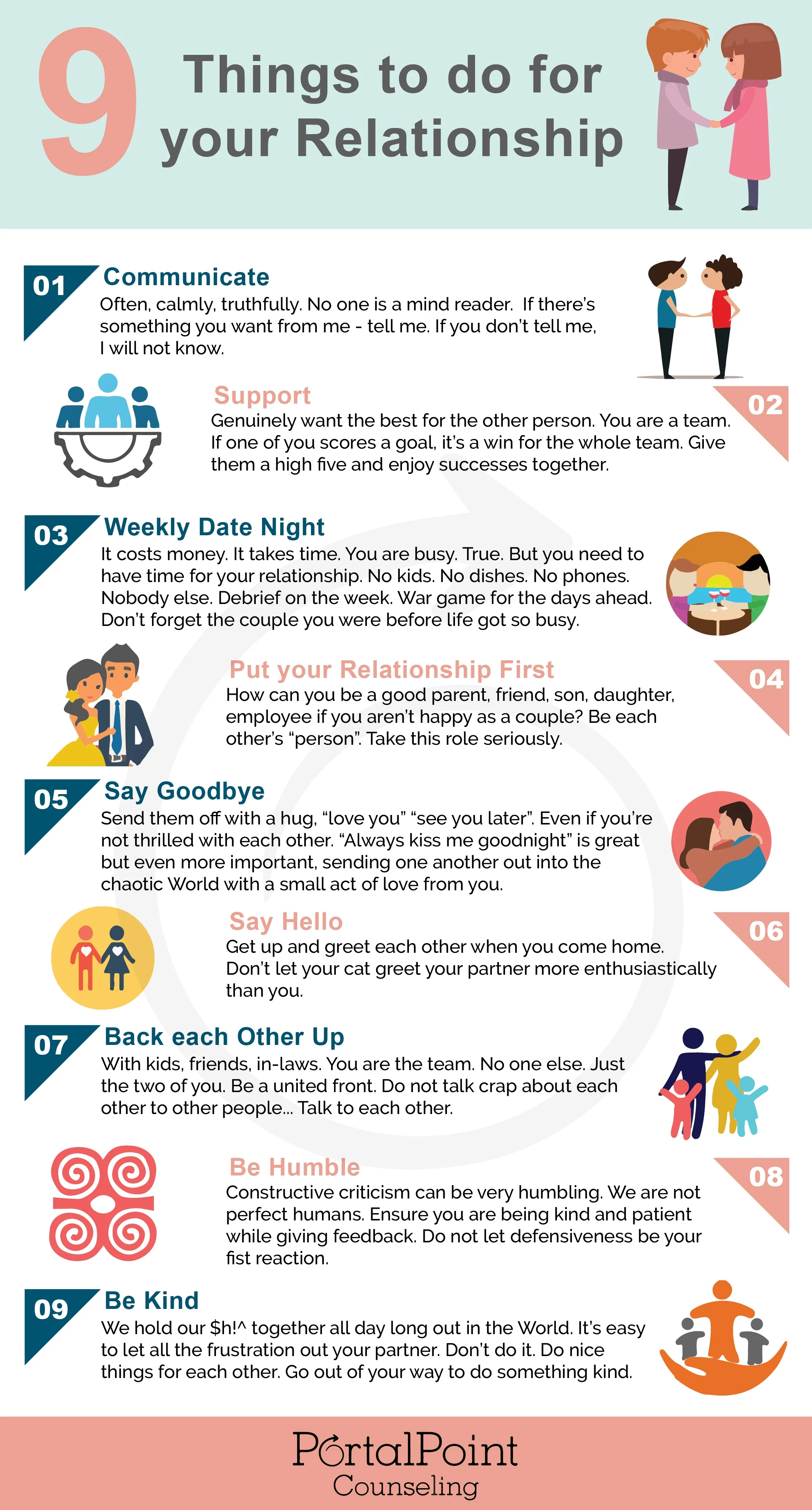Aim Point Counseling Can Be Fun For Anyone
Table of ContentsFacts About Aim Point Counseling RevealedAim Point Counseling Things To Know Before You Get ThisTop Guidelines Of Aim Point CounselingLittle Known Facts About Aim Point Counseling.Rumored Buzz on Aim Point CounselingUnknown Facts About Aim Point Counseling
The longitudinal design involves a pre-treatment study and 2 follow-up surveys at 3- and 12-months post-intervention. The study is embeded in 8 Relationships Australia Victoria centres, across metropolitan, outer suburbs, and regional/rural websites. Relationships Australia, a non-government organisation, is the biggest copyright of pair coaching and relationship services in Australia.
These high rates of partnership malfunction have actually been constantly associated with unfavorable health effects for both grownups and children complying with divorce/separation.
The Aim Point Counseling PDFs
Longitudinal researches additionally suggest that children of divorce have a greater occurrence of emotional problems, drug and alcohol use, and dangerous sexual practices [7] The impacts of divorce and splitting up can be destructive, research shows that high connection discord in undamaged pairs is additionally most likely to have negative end results.
Research study to day has actually recognized both couple and private aspects that might add to connection dissonance. These include relationship contentment and commitment at the couple level, and depression at the private degree.
Some Ideas on Aim Point Counseling You Should Know
Connection complete satisfaction has been the most common outcome variable identified in more than 200 analyses of pair therapy [11,12] Studies have actually discovered considerable improvements in connection satisfaction from pre- to post-treatment [13,14] and over the training course of one to two years adhering to therapy [15] In these researches, partnership complete satisfaction was most frequently evaluated utilizing the Dyadic Change Scale (DAS) [16] Consequently, while the majority of studies suggest enhancements in partnership contentment adhering to pair therapy, they are limited by the samples and actions used, largely temporary follow-up time structures, and evaluations that do not represent the dyadic nature of pair data. Connection commitment, based on measures such as the Commitment Inventory (CI) [19], is another frequently examined connection end result.
To summarise, research shows that couple-specific variables along with specific elements might forecast the results of couple coaching and relationship solutions. The causal instructions of these relationships, nonetheless, is less clear. These observations are essential, considering that, to justify and assist the application of partnership solutions such as pair counselling, empirical evidence must explore both the outcomes of connection solutions and the variables that forecast effective treatment.
There is a growing consensus that efficiency research studies ought to be enhanced by performance research to best notify scientific method [ 29] The restricted performance research that exists to date recommends that couple therapy can improve end results such as relationship satisfaction [33,43], interaction abilities and basic well-being [44], at least in some European nations.

We presently recognize little regarding the profiles of pairs who seek out relationship education and learning contrasted with those who look for partnership therapy, or the results of these programs. Anecdotal evidence suggests that there may be significant distress amongst at least some pairs seeking connection education and learning.
Fascination About Aim Point Counseling
Responses involves participants finishing questionnaires about their relationship (e.g. measures of social problems), and obtaining details on what their ratings suggest. Cognitive-behavioural techniques advertise transforming cognitions to help with positive partnerships.
These results have continued for as much as 4 years in some researches [47] Nonetheless, these meta-analyses highlight constraints in the present literary works on partnership education and learning. Especially, the bulk of research studies included pairs from top socio-economic backgrounds who were not experiencing high partnership discord [47,48] This sample account may not represent customers who typically provide for relationship education.
All about Aim Point Counseling

Very little study has actually analyzed the comparative advantages of pair coaching and relationship education programs. As customers are likely to self-select into these solution kinds, it is unclear whether characteristic relationship distress accounts existing to every service type, or without a doubt whether there is a communication between presenting profile, service type and outcome.
(https://www.behance.net/toddrashid)
Therefore, we have consisted of a 12-month follow-up to assess longer-term fads and effects.
We recommend to utilise multi-level statistical modelling procedures that manage for the inter-dependence of pair data to examine any type of treatment results. The certain aims of the ECC study are to: 1. Map profiles of clients looking for community agency-based pair counselling vs. relationship improvement programs in terms of socio-demographic and connection indications (such as partnership complete satisfaction, connection dedication, social issues, and reasons for participating in), along with health and wellness (such as anxiety, you can look here basic wellbeing) and wellness solution usage (eg.
2. Determine whether pair coaching and partnership education and learning services enhance three- and twelve-month outcomes for connection fulfillment, commitment, and clinical depression, making use of analytical evaluations ideal to couple information. 3. Determine the loved one contributions of customer elements (private and couple) and therapy/education elements to outcomes at 3- and 12-months, and to sustainability of results over time.
The 45-Second Trick For Aim Point Counseling
Multi-level modelling to establish pre-post differences, controlling for dyadic (pair) level. To contribute to the literature evaluating the effectiveness of community-based pair coaching.